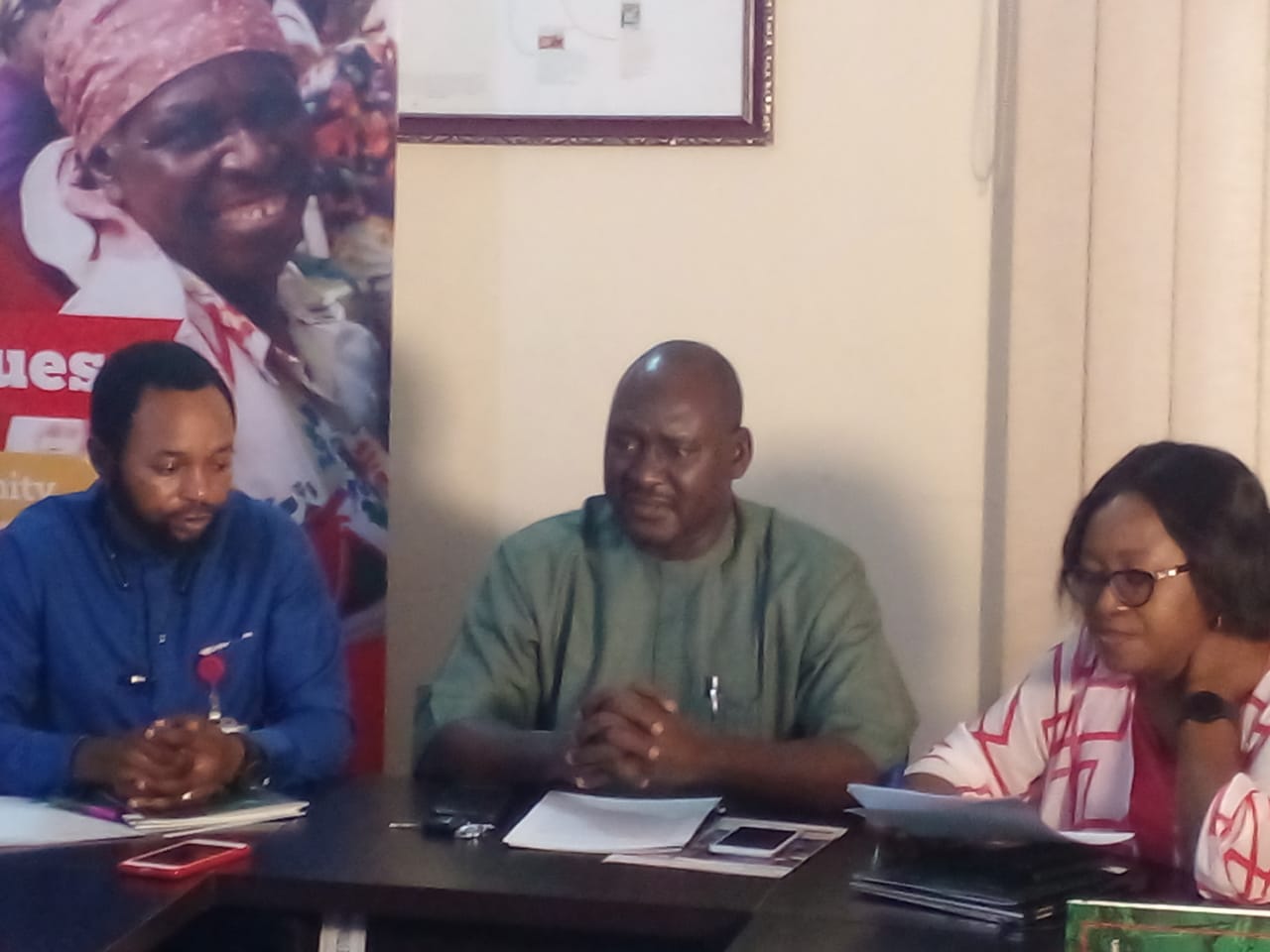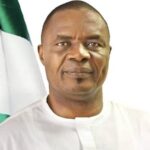
…Approximately $103.31bn as at June 2022
…Rues Lack of Transparency in Borrowing, Repayment Plans
…Says NASS Culpable In Excessive Borrowing Spree by Executive
Two Civil Society Organisations, under the auspices of Civil Society Legislative Advocacy Centre(CISLAC) and Christian Aid Council have criticised the federal government over its debt stock which stands at N42.84trillion, approximately $103.31billion dollars as at June 30, 2022.
Both groups warned that Nigeria’s debt servicing cost presently outweighs its revenue, especially as external debts amounts to about $40billion and private credit composition of $15.9billion, representing 39.8 percent of total external debt stock.
Auwal Musa Rafsanjani, Executive Director, CISLAC, bemoaned the situation while addressing a press conference on Monday, through a paper titled: “Increasing Role of Private Creditors in Nigeria’s Debt Crisis and Its Human Costs”.
According to CISLAC, the past decade has seen the largest, fastest and most broad based increase in debt emerging in developing countries over the past 50 years, with total debt in these areas rising by 54 percentage points of Gross Domestic Product (GDP) to a historic peak of almost 170% of GDP in 2018.
He attributed the increasing debt profile to influx of private lenders flooding developing economies looking for higher returns following the global financial crisis of 2008.
Rafsanjani also lamented that Eurobonds take the bulk of the commercial loans with a total portfolio of $15.62billion.
With the Federal Government projected debt servicing to cost N10.43trillion by 2025, as indicated in the 2023-2025 MTEF/FSP document, the CSOs wonders how the health budget which makes up 5.75% of the 2023 budget will be financed, coupled with devaluation of the naira.
He regretted that the trend might become more pathetic even as we approach the threshold of fresh elections, stressing that the legislative and executive arms of government were impacting the country negatively by jumping at foreign loans without weighing the implications for future generations.
“Barely two decades after the buyback deal by the then President Olusegun Obasanjo from the Paris Club debt relief agreement, Nigeria is already in another debt crisis, with an inevitable human cost and with a growing presence and influence of private creditors in its debt profile.
“The concern is that this new frontier of lending(private creditors) operates to increase the cost of debt servicing while restricting governments’ fiscal strength and constraining their ability to respond adequately to social and economic emergencies.
“In the Nigerian context, about 90 percent of government revenue is devoted to debt servicing at the expense of development projects. The outbreak of Covid-19 pandemic in 2020 exposed the massive gap in government finance for social services and the near non existence of social intervention programmes.
“We are deeply concerned with the lack of vigorous scrutiny and attention by lawmakers in granting requests for loans without reflecting the provisions of the Fiscal Responsibility Act and the greater implication for the national economic state. The Nigerian legislators have the constitutional and legislative mandate to approve loan requests only on the basis of public interest and should put this clause as a prerequisite to any approvals they might want to give to the President’s requests for further borrowing,” the CISLAC Boss stated in his presentation.
Uzor Uzoma, Senior Programme Coordinator for Christian Aid Council corroborated Rafsanjani when she said leaders in the next political dispensation should be able to correct the ills of borrowing by reading in-between the lines before appending signatures to such loan facilities.
She lamented that our crop of leaders lack conscience, such that they fail to take future generations into cognisance when administering policies with national dimension.
Uzoma also charged Nigerians not to feign ignorance to poor leaderships, saying at any point in time, we should be able to draw their consciousness to actions that would have a far reaching implications on the citizens.








